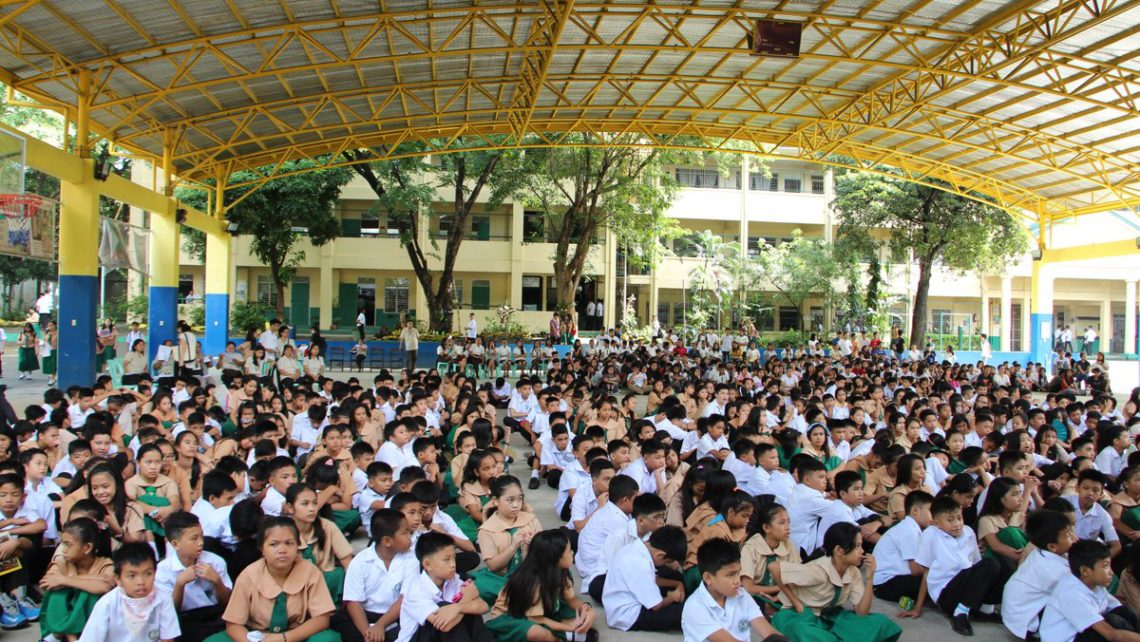Summary of Policy: The Philippines is the last country in Asia and one of three countries worldwide with a 10-year pre- university education. Based on research, basic education in the Philippines has been augmented to 13 years, in line with global standards for education and employment. “The K to 12 program adds two more years in basic education that will equip learners with skills that prepare them for the future, whether it be; employment, entrepreneurship, skills development or higher education.” Republic Act No. 10533 is a law enhancing the Philippine Basic Education system by strengthening its curriculum and increasing the number of years for basic education, and appropriating funds thereof. The implementation of the enhanced curriculum for Grades 1-7 started in 2012-2013 and the curriculum improvement for Grades 11-12 finished in 2014. Senior High School was later implemented in 2016-2017. High school students can now choose between different tracks to shape their career. As a result of the enhancements in basic education, the College General Education curriculum will have fewer units as more subjects are now covered in the Basic Education curriculum.
Timeline:
“2013 – Passage of policy
2012-2013 – Grades 1-7 Implementation
2014 – Grades 11-12 Implementation
2016-2017 – Senior High School Implementation”
Strengths:
– The programme enhances the quality of education in the Philippines, making it more
competitive globally
– The implementation of the programme was staggered and not done all at once so as to allocate
an adequate amount of time for transition
– Private schools and universities also transitioned to the new curriculum”
Weaknesses:
– There were many shortage gaps, especially in the first few years of implementation.
– Many in the general public are not convinced by the benefits of the programme and they see it
more as a burden; adding more years to basic education will require families to spend more to
send their children to school. This could lead to more dropouts in the future.”
Opportunities for Improvement:
– Fill in shortage gaps (classrooms, teachers, books, etc.)
– Incorporate more relevant subjects on social aspects, such as disaster risk reduction and
management, HIV/AIDS, reproductive health, etc.”
References:
1. www.depEd@gov.ph
Project Details
Date: November 18, 2017
